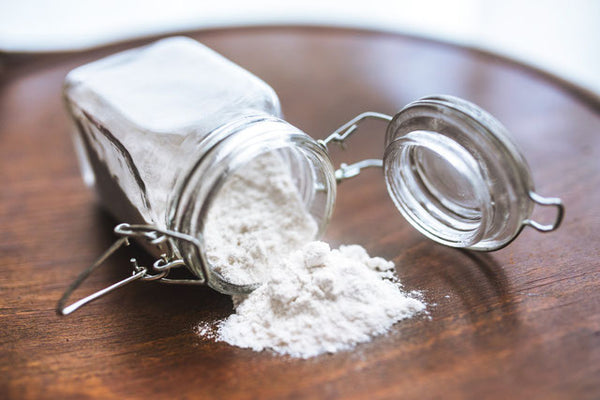As early as the 16th century, coffee was a popular drink in North Africa and Europe and was well known for its stimulating effects. The black drink made from roasted beans contains a very special substance: caffeine.
But what exactly is it?
Caffeine is a substance from the group of stimulants that has a psychotropic effect (i.e. it influences the human psyche). It is a white, odourless powder with a bitter taste and a crystalline structure.
How does caffeine work?
Caffeine has an effect on many parts of the human body. For example, it affects the central nervous system, increases the heart rate, dilates blood vessels and bronchial tubes and increases fat burning. Many studies prove a performance-enhancing effect in the area of strength and endurance sports.
Are there side effects?
Caffeine has a slightly diuretic effect, so it can lead to more frequent toilet visits. An overdose can also lead to insomnia, trembling, headaches and nervousness, so the recommended daily amount should never be exceeded.
Who should not consume caffeine?
Pregnant women, nursing mothers and people who are sensitive to caffeine should avoid caffeine. Likewise, people with cirrhosis of the liver, cardiac arrhythmia, hyperthyroidism or anxiety syndrome should consult a doctor before taking any caffeine products,
to rule out any risks.
What should you do if you have greatly exceeded the recommended daily amount and have taken too much caffeine?
The lethal (deadly) amount of caffeine is several grams, depending on the person. Nevertheless, even smaller amounts can cause overdoses and their symptoms, so a doctor should be consulted immediately.

